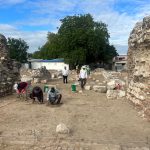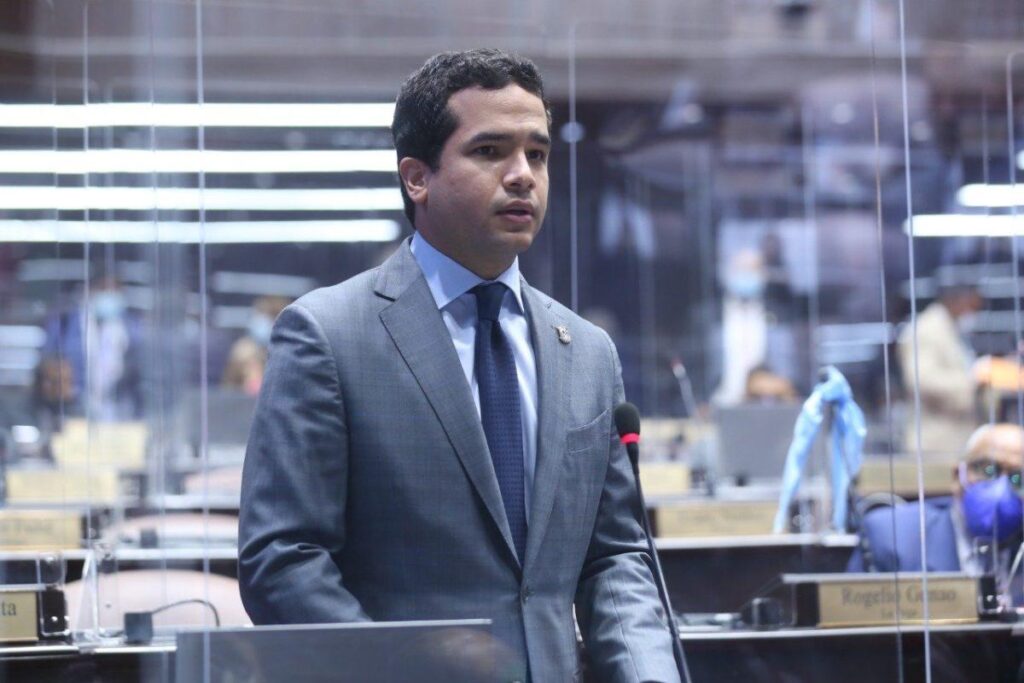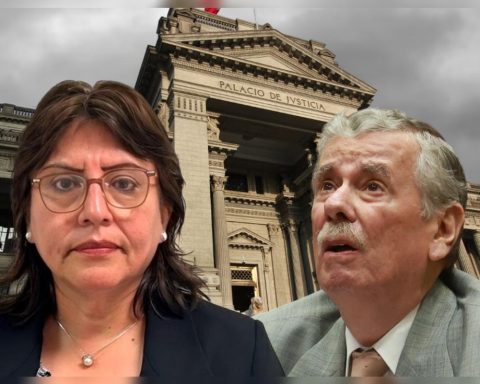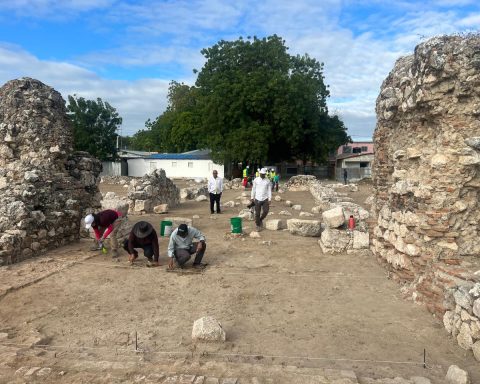They still don’t know why. What is known is that cases of sexual abuse have skyrocketed in the last two years. Between January and October 2021, there were more than 2,000 complaints for this reason, which meant an increase of 7.7% compared to the previous year, according to the Ministry of the Interior.
The delays, the low percentage of convictions and the high probability of re-victimization have revived the discussion —in the public and institutional spheres— about whether the current one is the best way to prosecute sexual offenders.
The process
Forensic doctors are the first to enter the room where the victims await. Your primary duty: Check for injuries that show that person resisted. To do this, they look for finger bruises between the inner sides of the thighs, blows, “grab” bruises on the shoulders and, in the event that the victim is a woman —as occurs in more than 80% of the cases— it is found that , due to its poor lubrication, there is erosion in the vaginal cavity, as explained to El Observador by an expert from the Forensic Technical Institute (ITF) who preferred not to be identified.
There, DNA samples are extracted from the victim’s body, which are then compared with those of potential offenders to confirm if they were the culprits. The time period in which those samples are synthesized is variable. Considering that the alleged rapist has been arrested, he cannot be forced to provide a genetic sample unless expressly ordered by the Justice. By the time that order arrives, another stumbling block appears: due to the great saturation suffered by the ITF, the study can take about ten days and sometimes up to two months, according to prosecutor Raúl Iglesias told El Observador.
Legally, a person can be detained for 48 hours without being charged with a crime, so the deadlines do not correspond.
Once a case of alleged abuse is reported to the Prosecutor’s Office, the role of the Victims and Witnesses Unit comes into play, which deploys different accompaniment strategies so that the victim feels safe again and with the possibility of testifying when they are ready. .
Parallel to that, interviews are scheduled with the psychological experts and with the prosecutor who will handle the case. “The victim declares first with the Police, then with the psychologist, then talks to you, then with the psychiatrist. The story is told much more than once and unfortunately it is inevitable”, lamented Iglesias, although he clarified that there is no other guaranteed way to carry it forward.
While all this is happening, the alleged culprit is usually still free. Prosecutors cannot ask the judge for commitment unless they are sure they have all the necessary elements for them to approve. “You bring the accused when you already have practically everything (…) It seems to me that you have to advance a little in the investigation and you quote them when you have elements. So that it does not interfere, you can ask for precautionary measures. There are about 15 to choose from, from the most minimal – do not approach the victim – to preventive detention. You have to evaluate, it is very case by case, ”explained the prosecutor.
There were cases of rape of children, Iglesias said, in which the Family Justice immediately called the offenders to testify and that meant that the perpetrator was already aware of the elements they had against him. In addition, the fact that they wait in freedom when there are not enough charges against them, gives guarantees to the process. “Before it was the other way around, but now you have to gather most of the elements before sending someone to jail. Meanwhile, the person has the right to be free. I know that it doesn’t sound nice, that it seems that you don’t want to do your job or that it’s ‘prochorro’, but not really”, he said.
false accusations
Although there are no statistics for Uruguay, Spain reported that in 0.0069% of cases in which sexual abuse had been convicted, the complaint was false.
Prosecutor Iglesias indicated that “it is residual” but that “it cannot be said that it never happened.” “It happened to me in Rocha. A girl drank too much, took drugs and filed a complaint because her parents saw her in an unfortunate situation and filed a complaint to protect herself. When the investigation began, she could not stand the pressure and said that she filed a complaint because her parents did not stop tormenting her. I saw something weird and started digging deeper into the victim. That has a risk, they can tell you that you are revictimizing. I think that when it comes to an adult woman you can delve a little deeper, having the precautions of the case, “he said about the guarantees of the process.
psychological expertise
Approximately seven hours, although it depends on the case, is what it can take to carry out a psychological test on a victim of sexual abuse between the interviews and the psychometric tests that must be implemented, forensic psychologist Gustavo Álvarez told El Observador.
With a cordial, empathetic but skeptical treatment, the expert must explain to the person what the working conditions are and explain that it is a kind of evaluation.
It begins first with a protocolized interview based on internationally endorsed models. There, the symptoms that generate a strong stressor event are sought. Psychometric tests are generally through true or false tests.
There are different protocols for the different phases. There is a deep clinical forensic interview, from different areas of the person’s life, to establish the story.
The psychology of testimony establishes that if the central points of the speeches are maintained, it is likely that the event was real, even if the peripheral circumstances change, so an archive analysis is carried out to draw that conclusion.
The gestural part is also analyzed with the help of a semiotician if necessary —the Uruguayan Washington Silveira is an expert on the matter— and that allows everything that is outside the story to be evaluated.
Finally, the information is triangulated and it is estimated if the conclusion converges with the judicial hypothesis or diverges from it.
Álvarez clarifies that it is a myth that the skills of the party are all positive, but that the lawyers, based on the result, decide whether or not to present them to Justice for the benefit of their client.
Institutional shortcomings
Prosecutor Sylvia Lovesio said this week on Del Sol radio that “sexual crimes in Uruguay are not a priority in terms of public policy.” There are only three specialized prosecutor’s offices, all in Montevideo, each dealing with 800 to 1,000 investigations at the same time.
His colleague Iglesias pointed out that the institution “many times has erred in the allocation of material and human resources.” “The issues of sexual crimes are not a priority for the Prosecutor’s Office, no matter how much they say the opposite, they are not. Internally, when you hurry them up and complain, they recognize that it’s not a priority. The priority is flagrante delicto, drug crimes, economic crimes,” he assured.
In addition, he explained that in the ITF there is no system that allows giving priority to certain skills. Although they can be marked as ‘urgent’, “if there are 200 emergencies, nothing is urgent”, he assessed. The shortage of officials, he said, is also transferred to the police sector where they are “overwhelmed.”
















